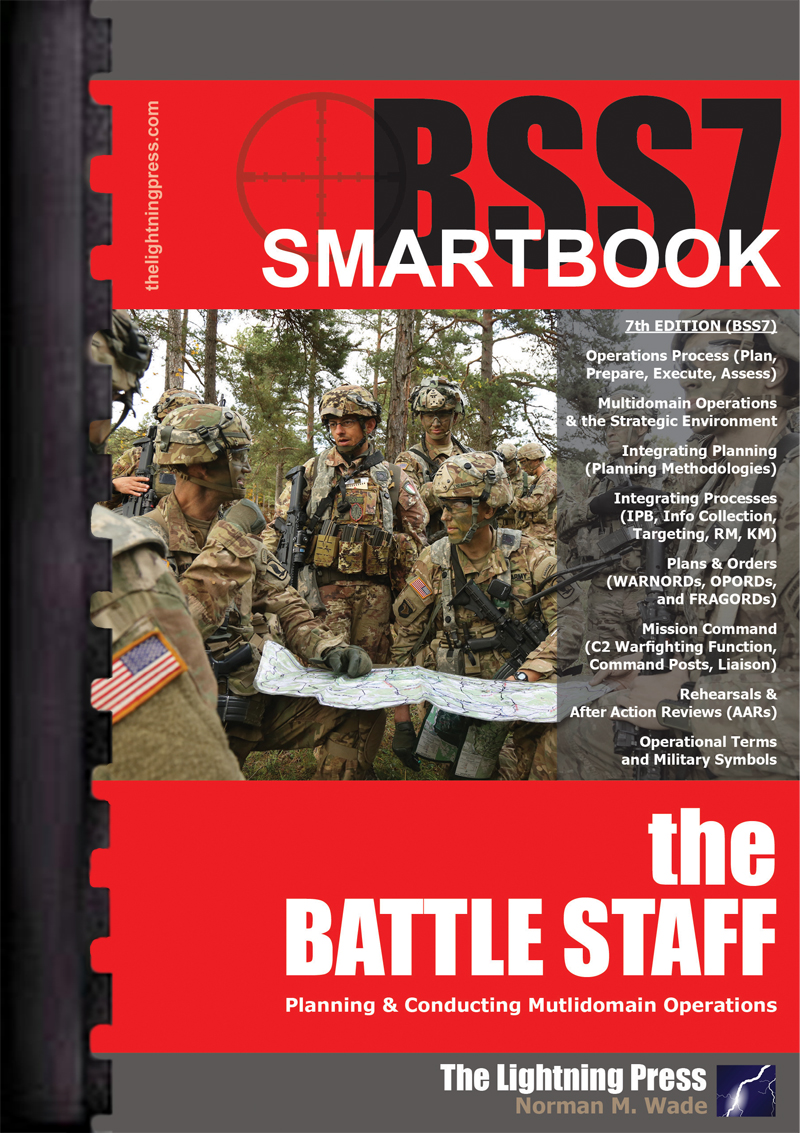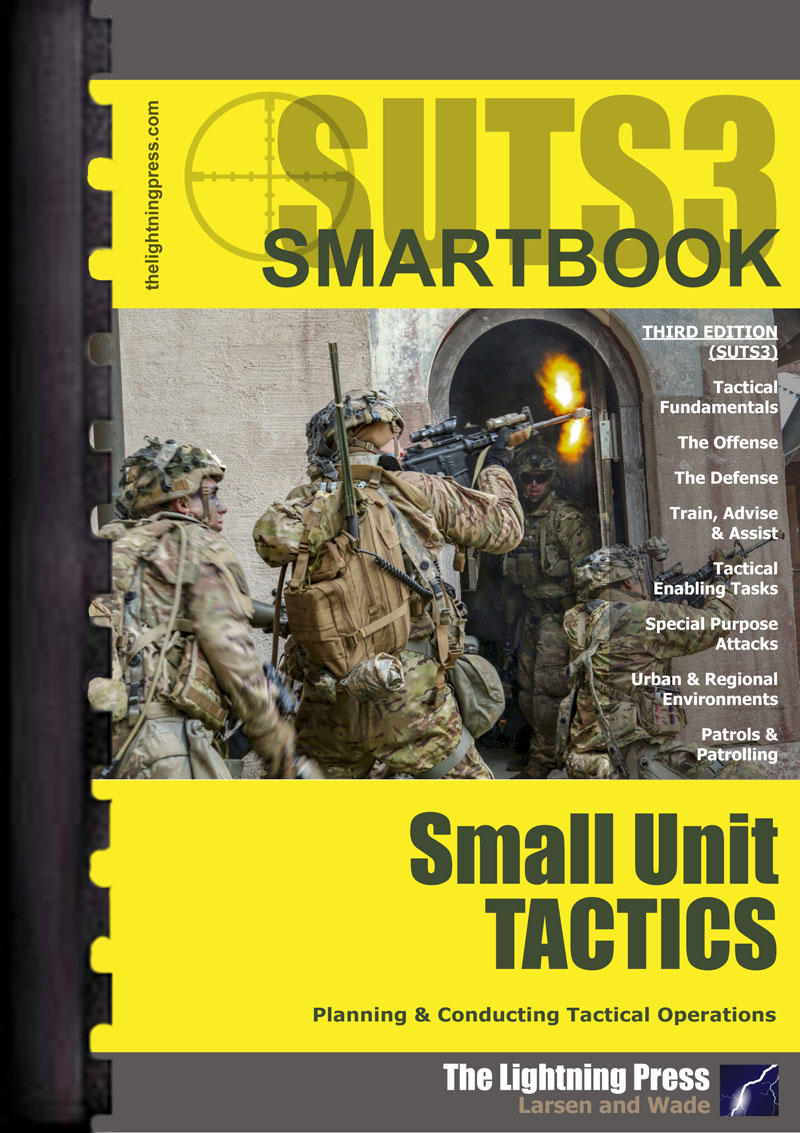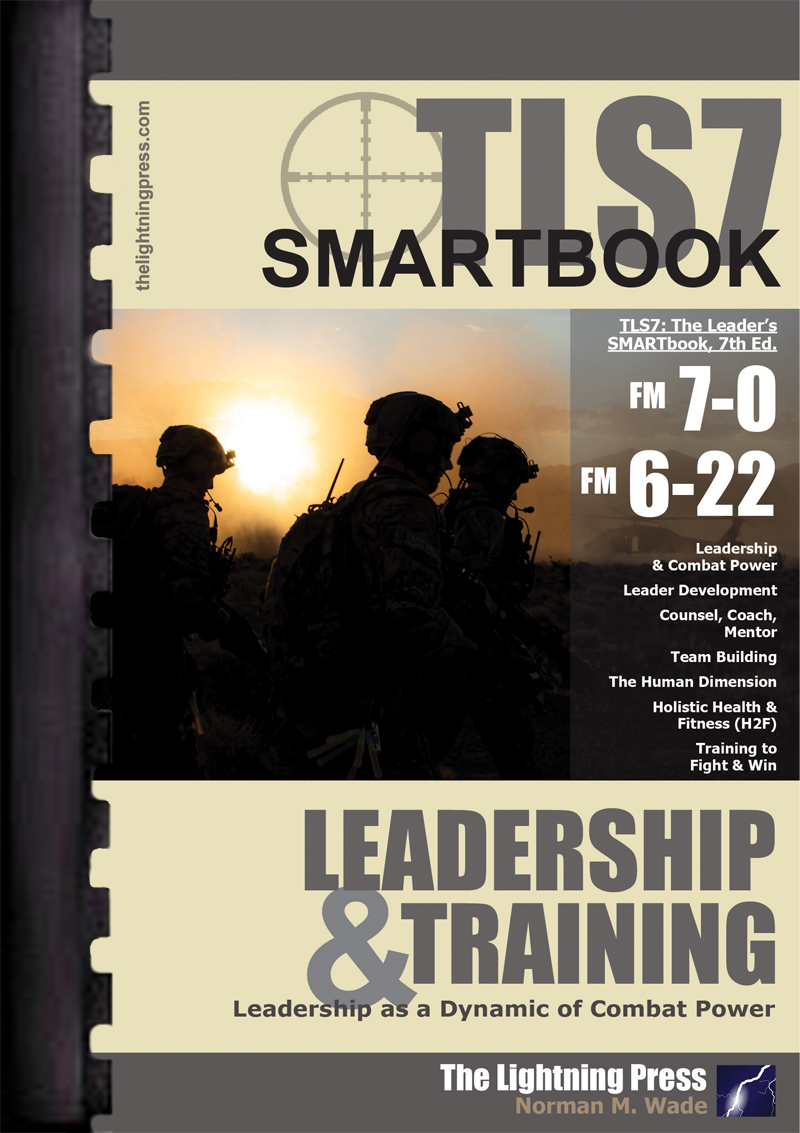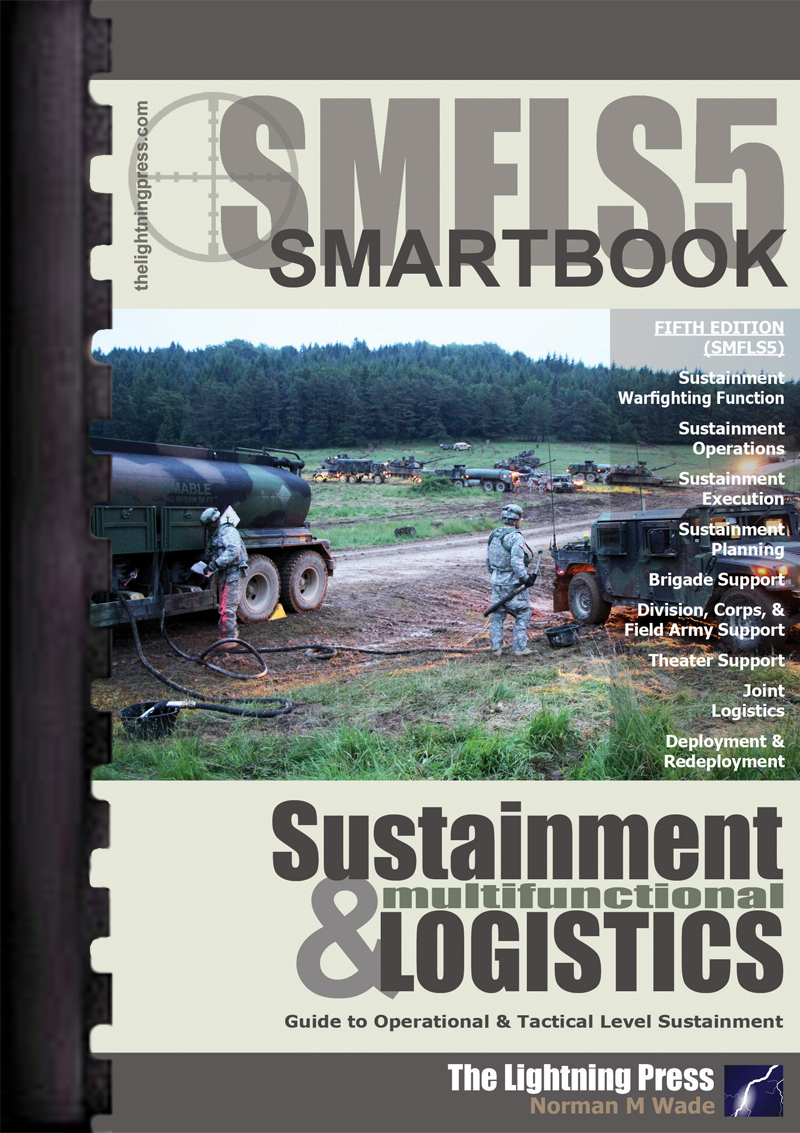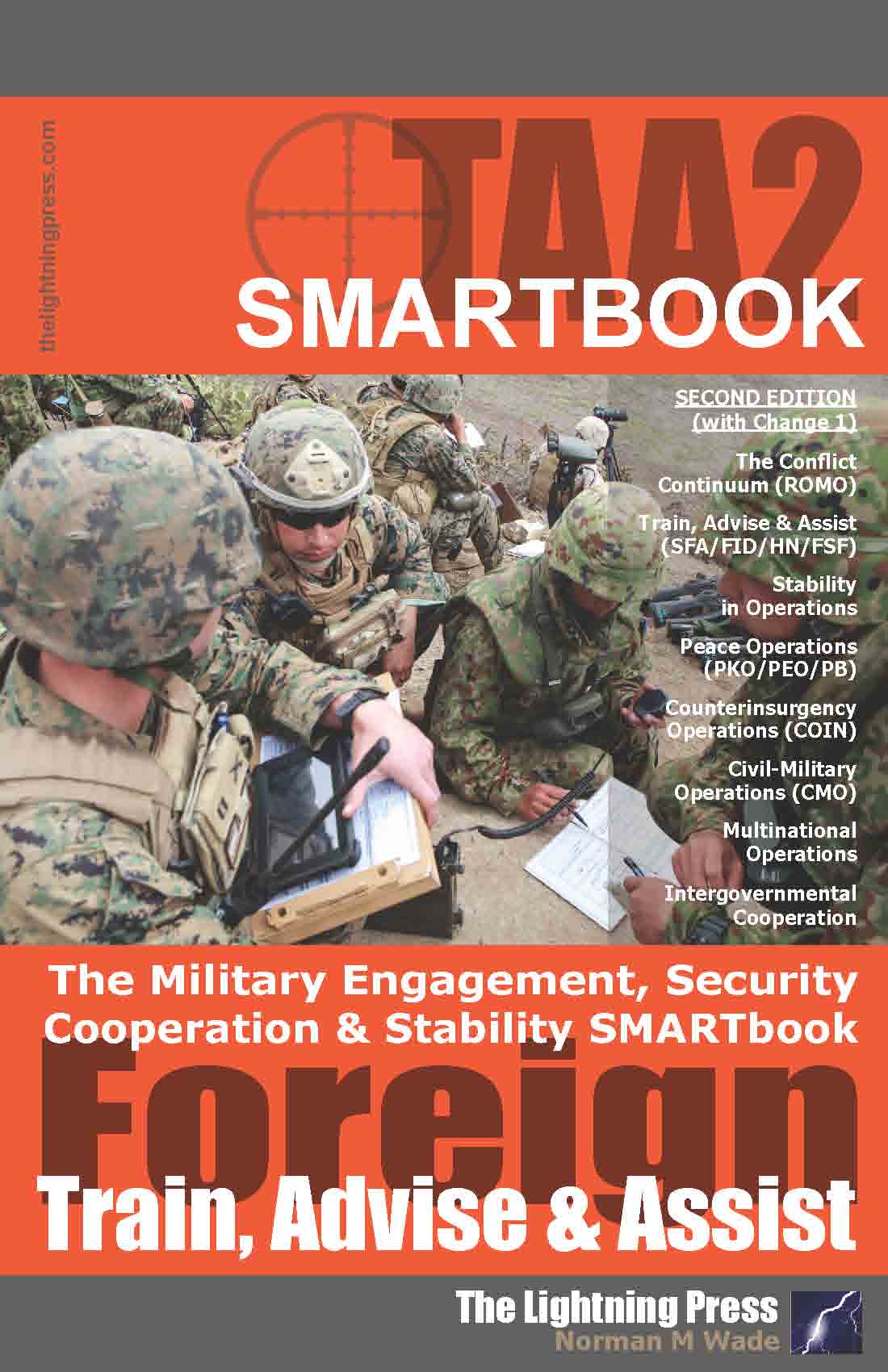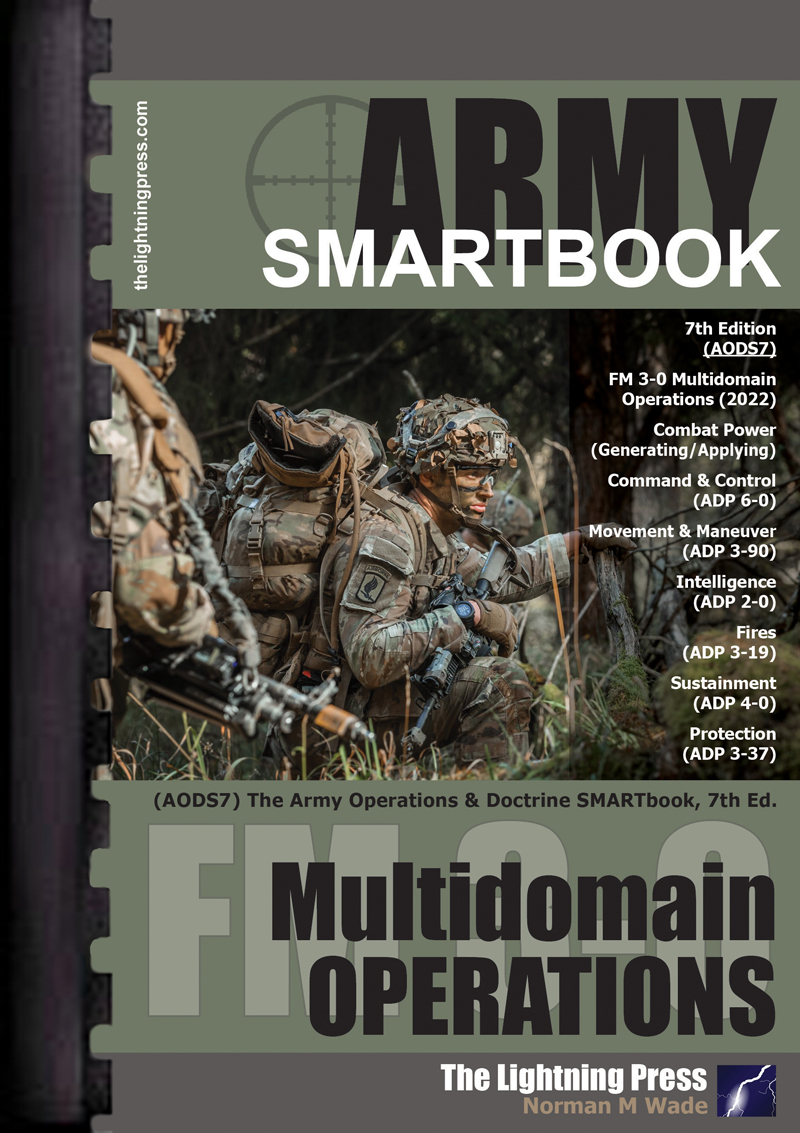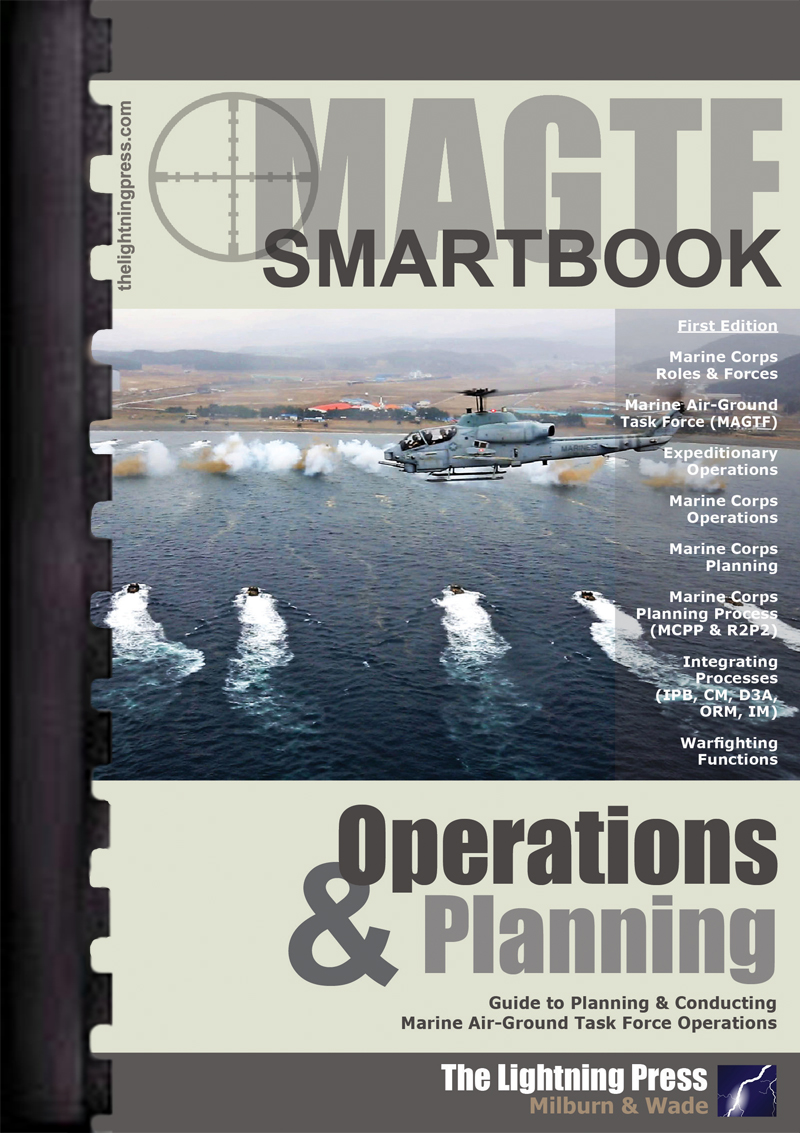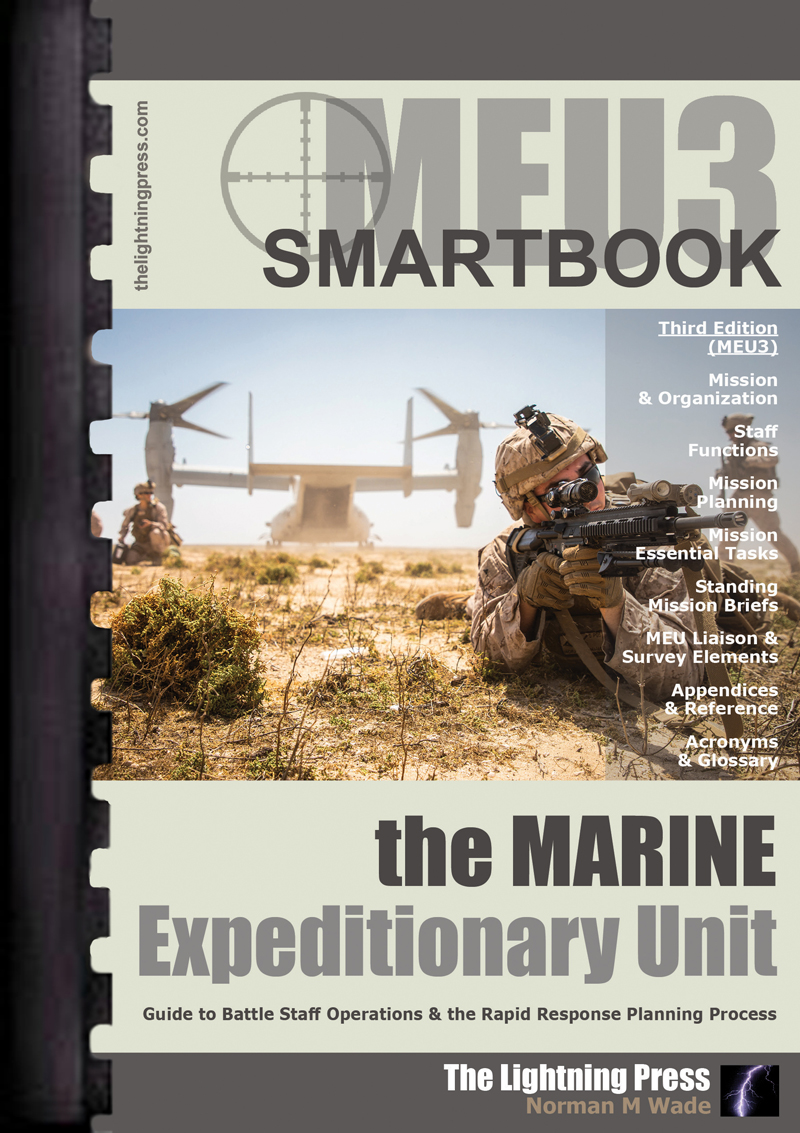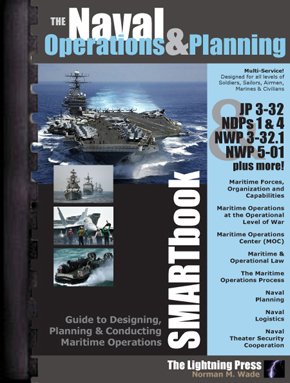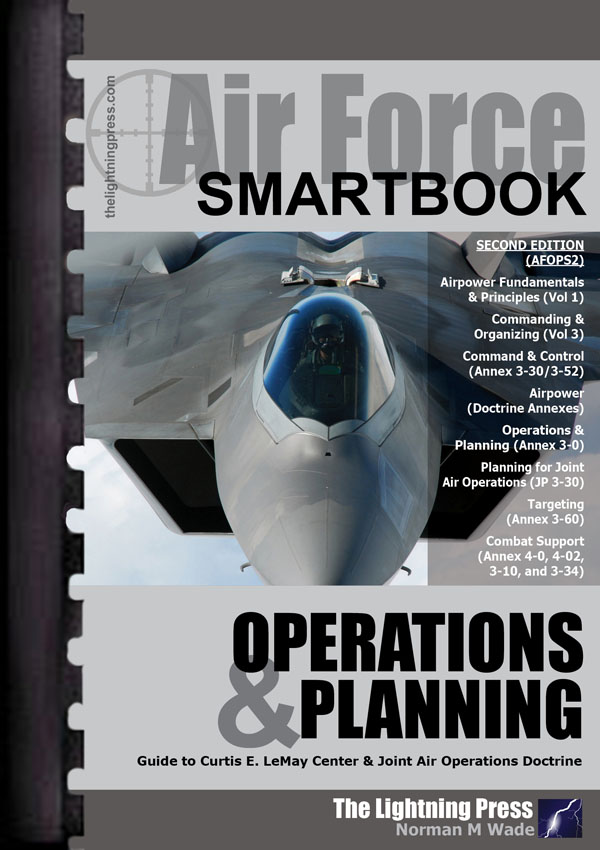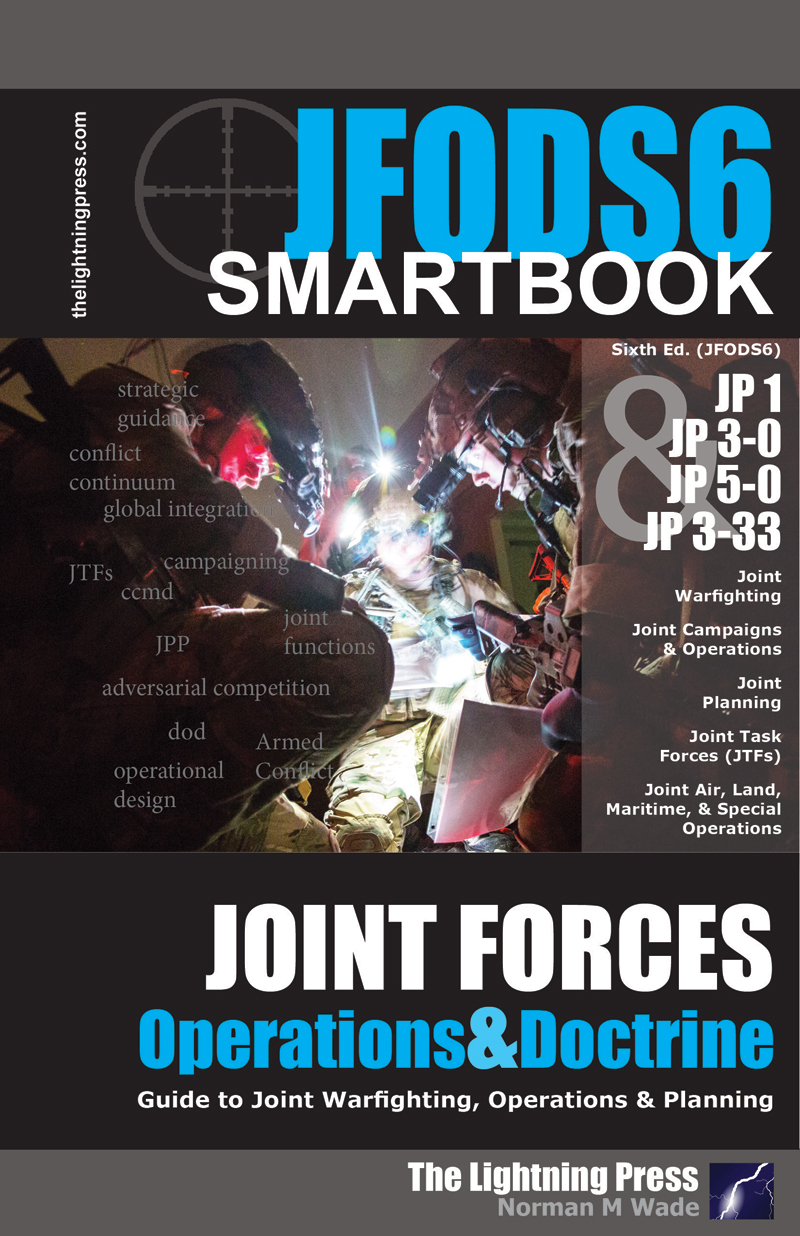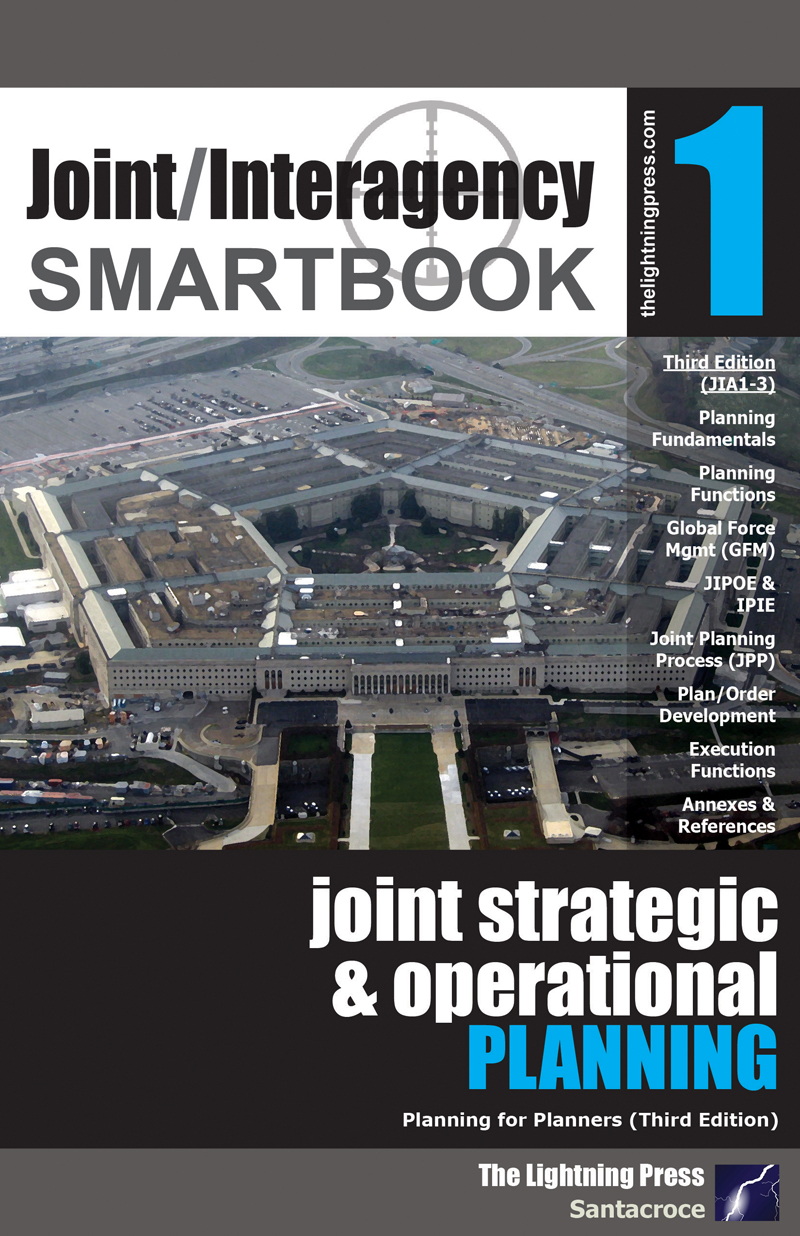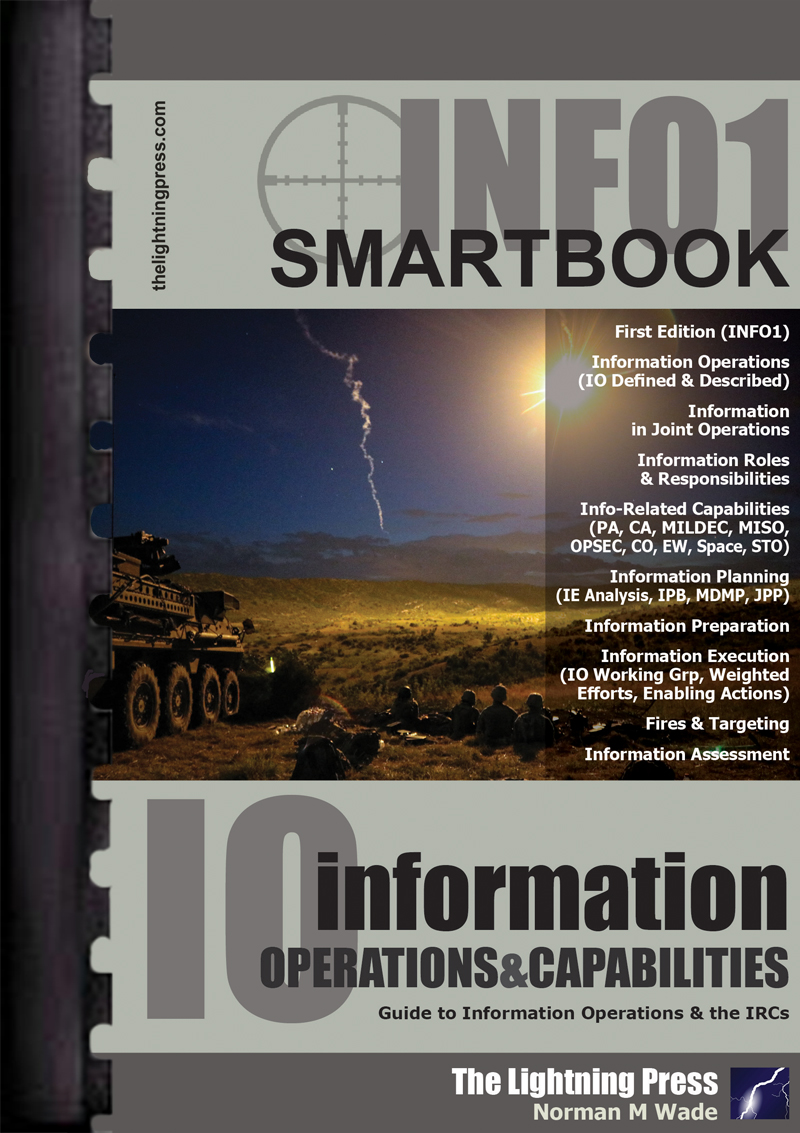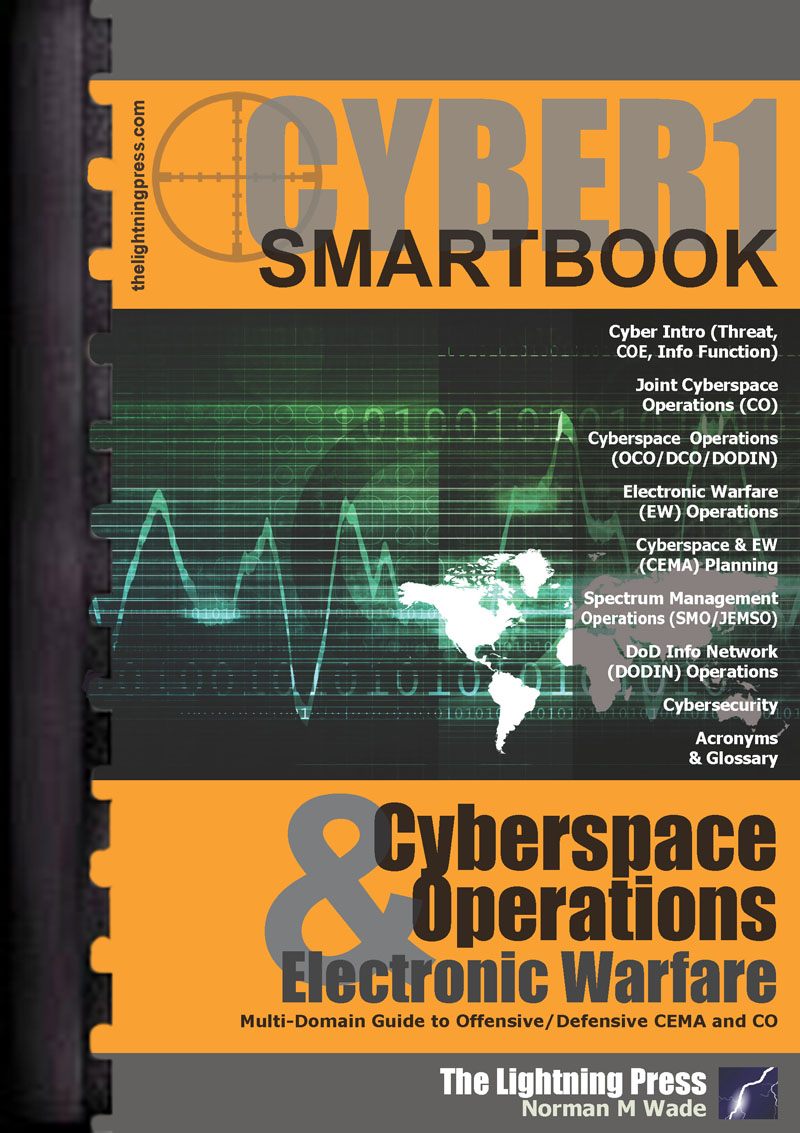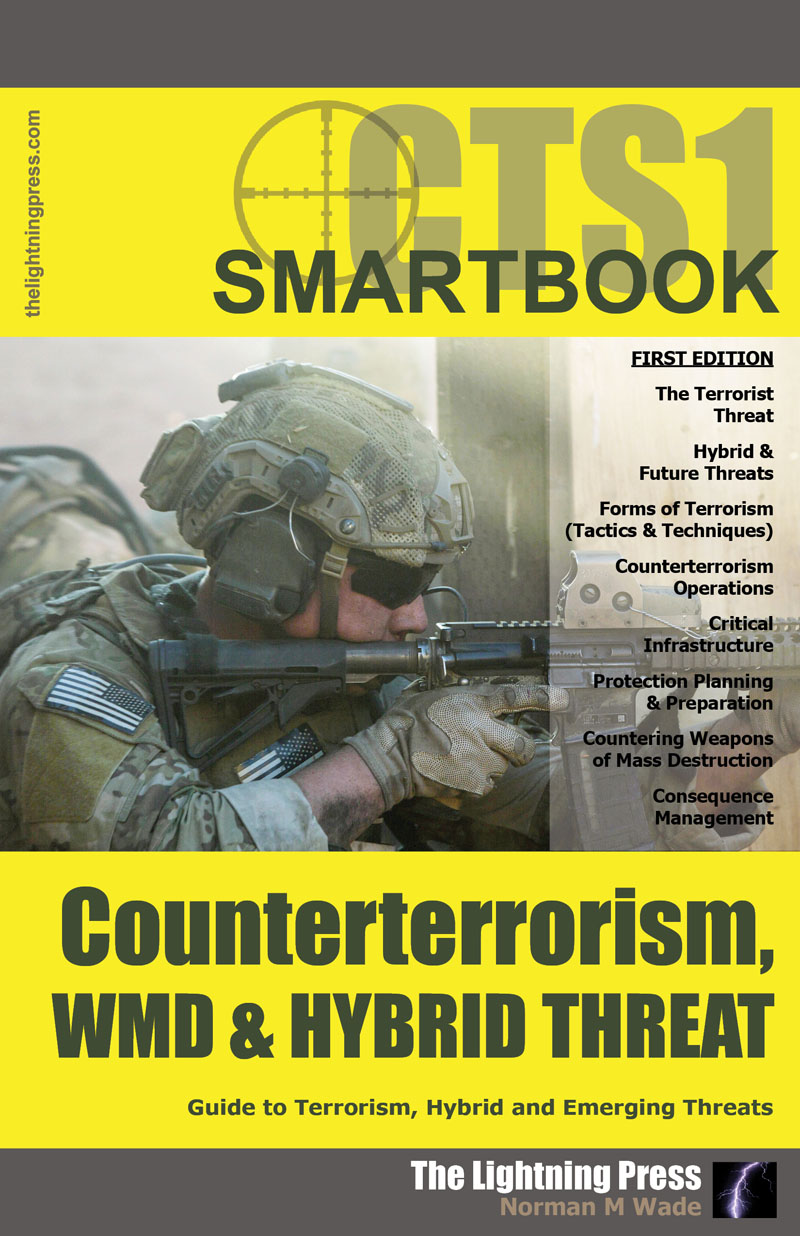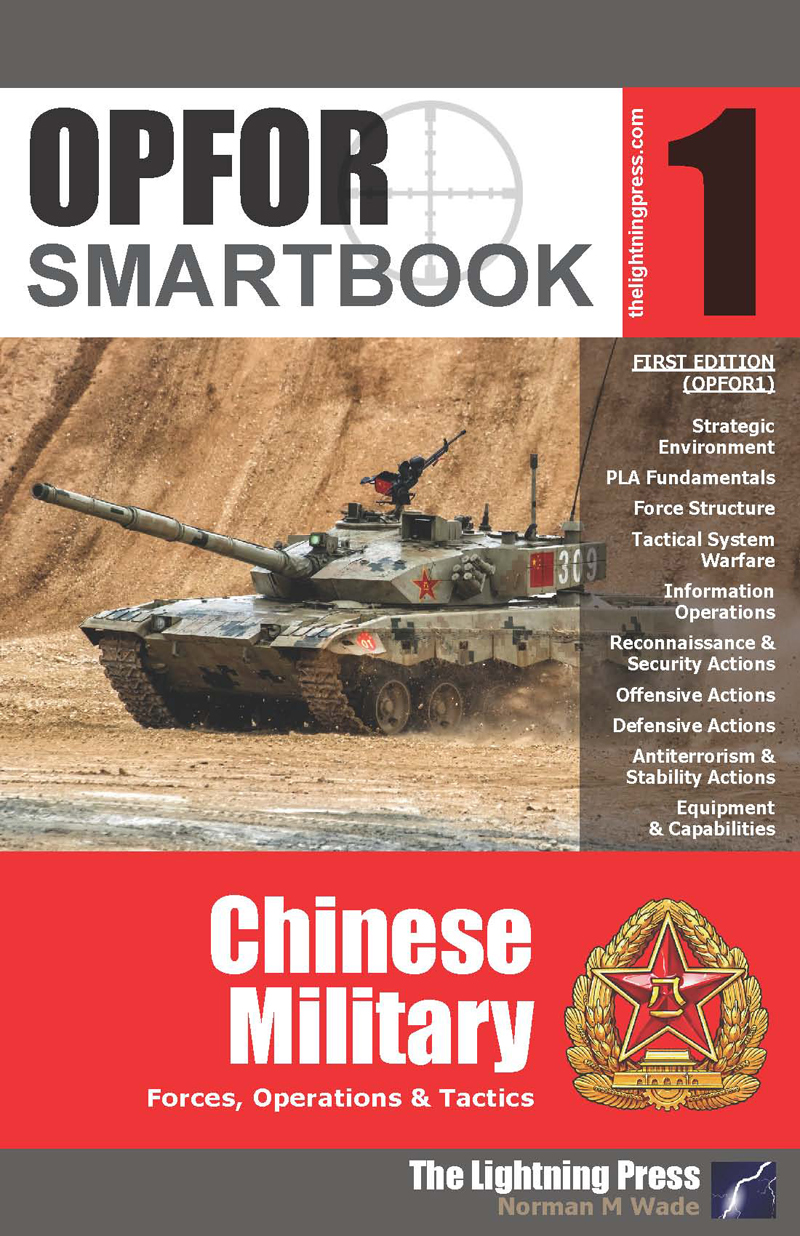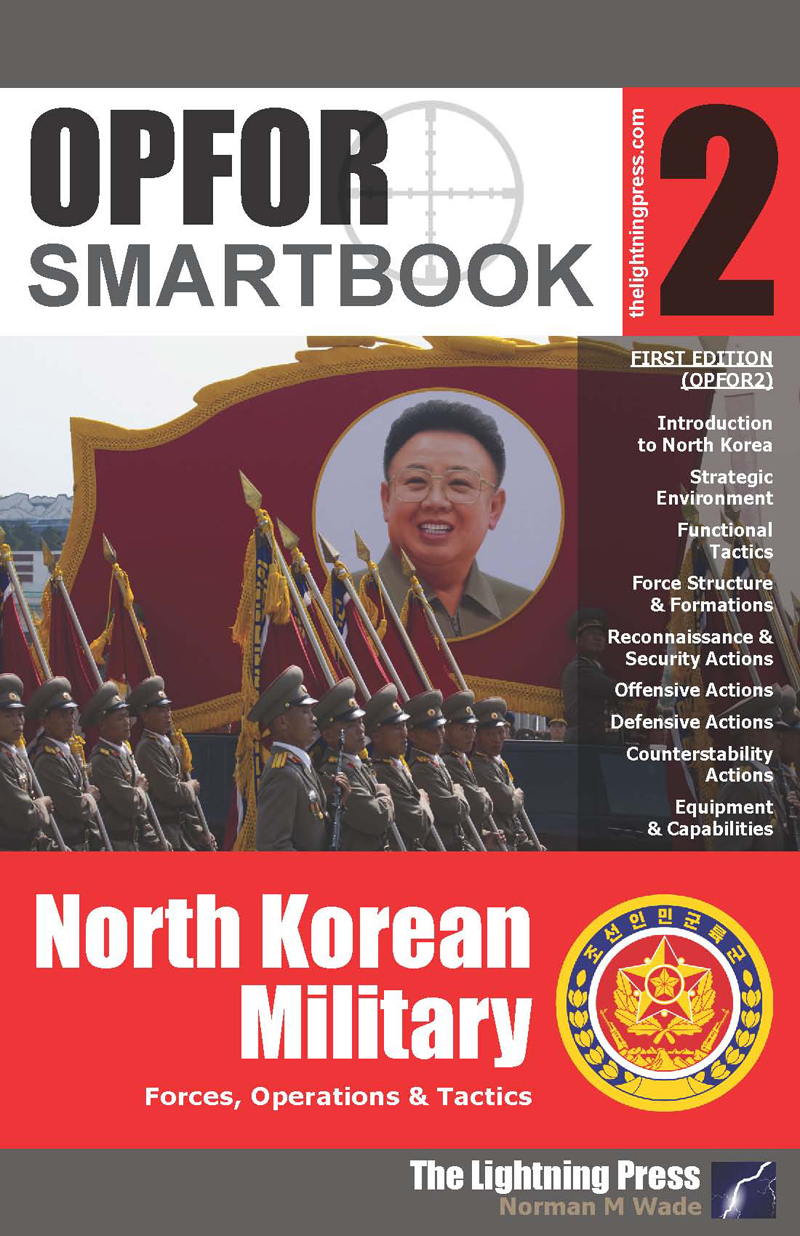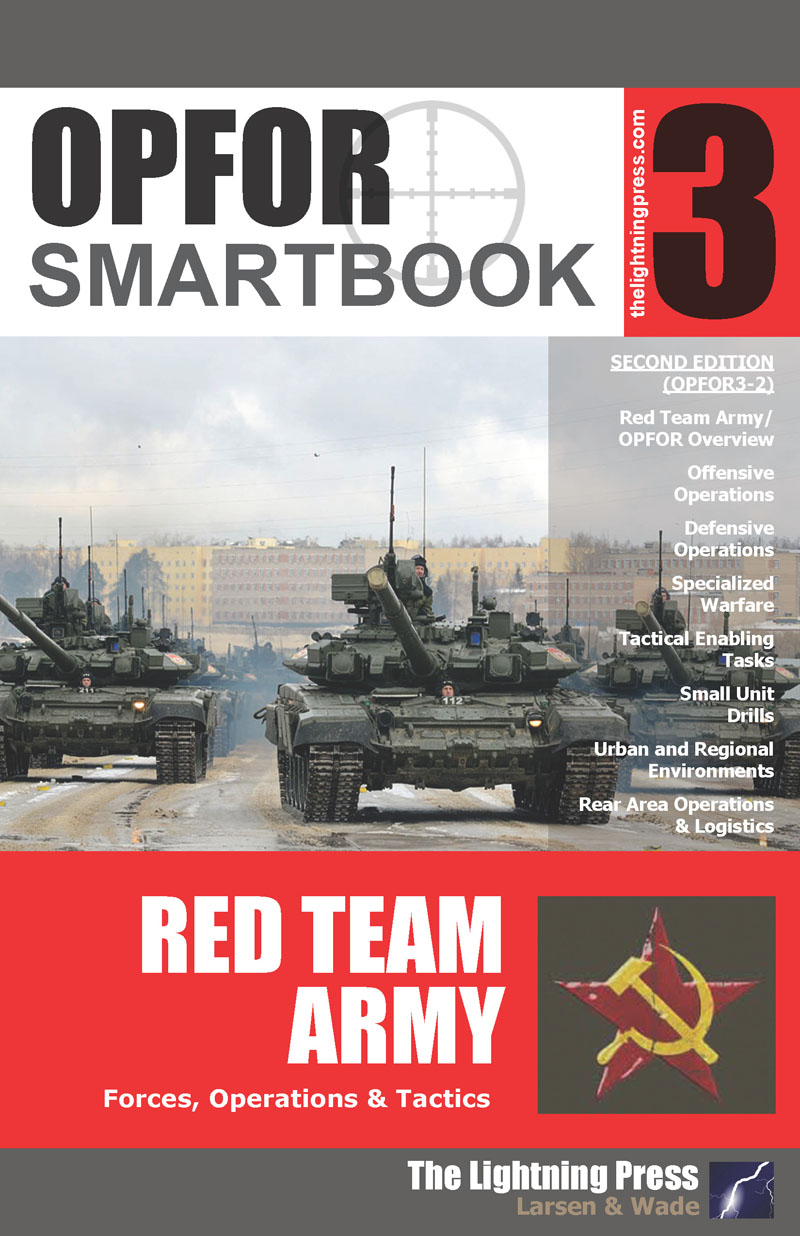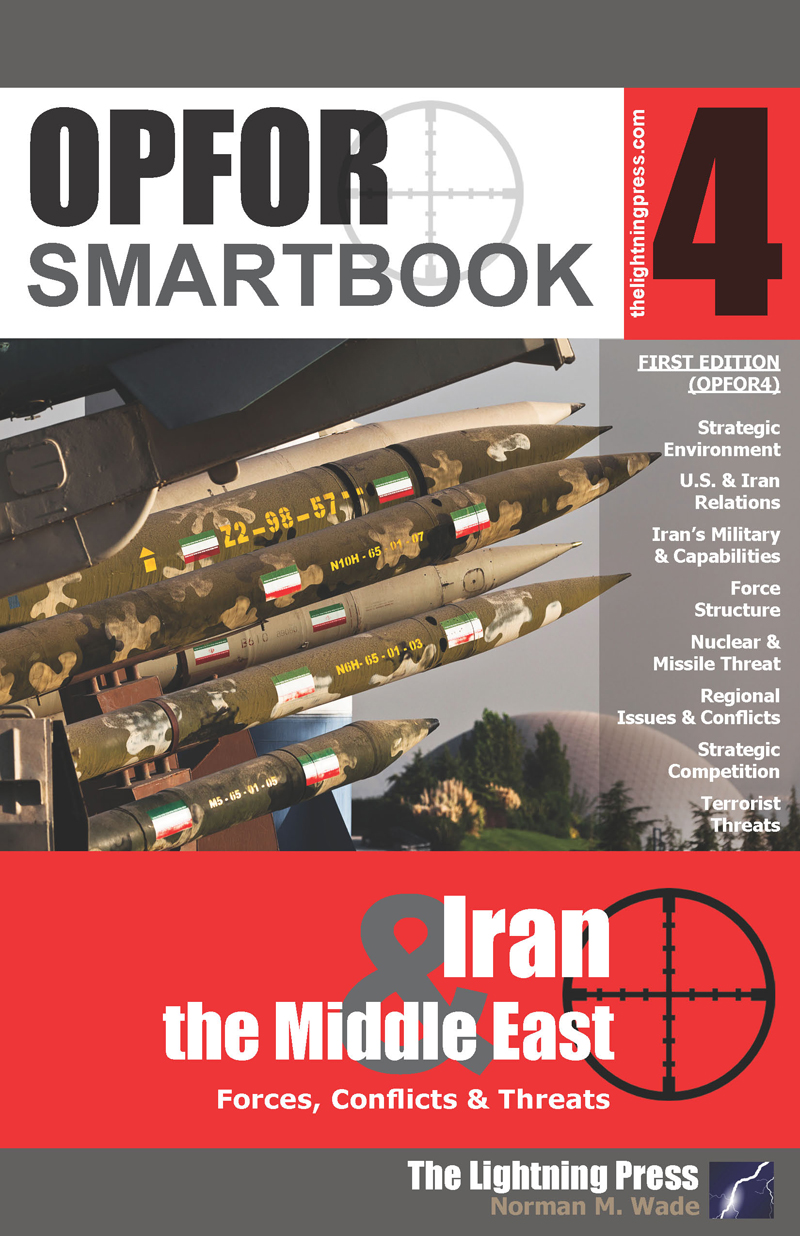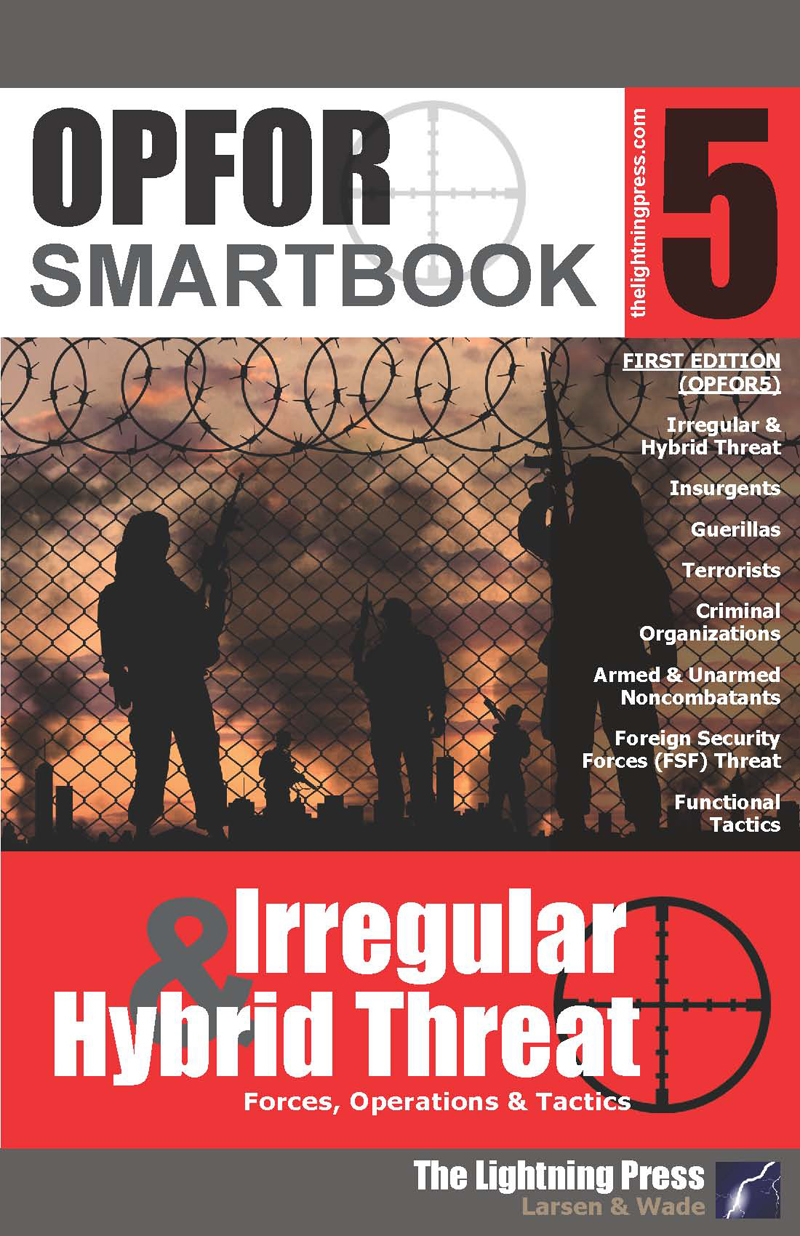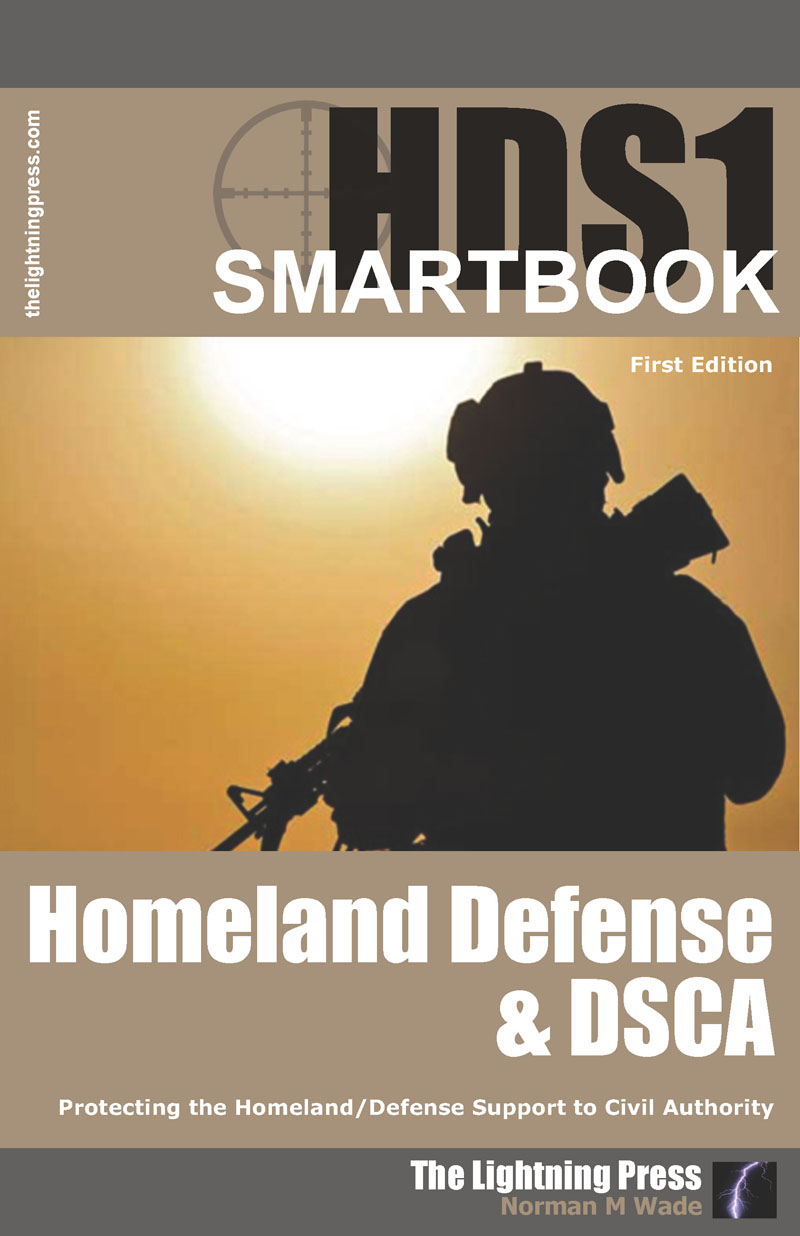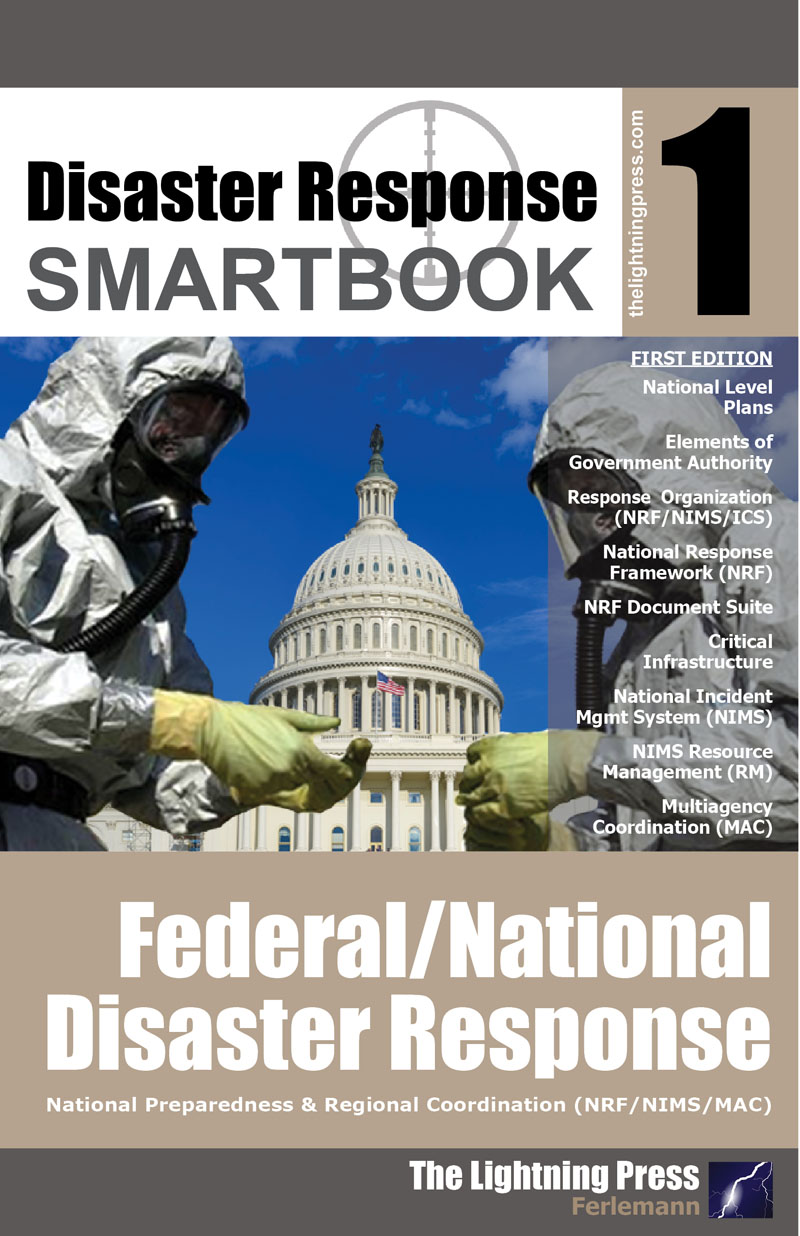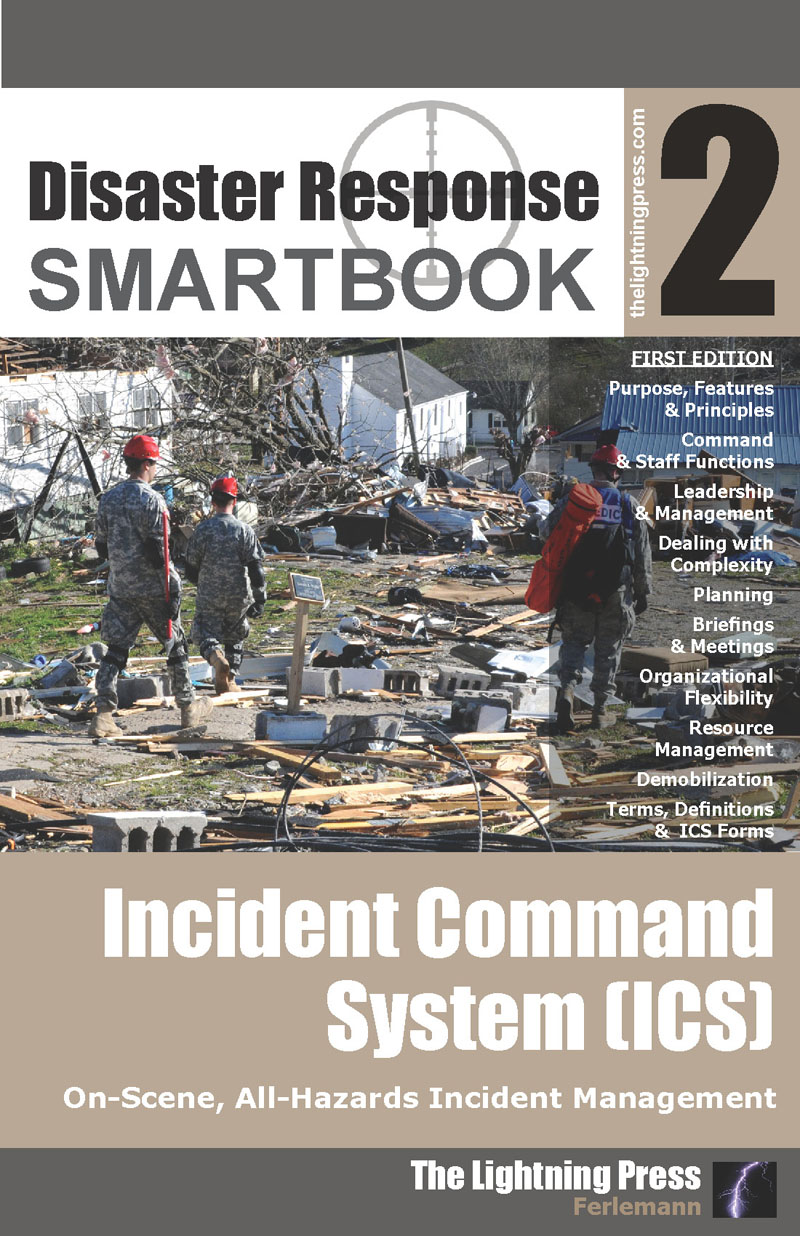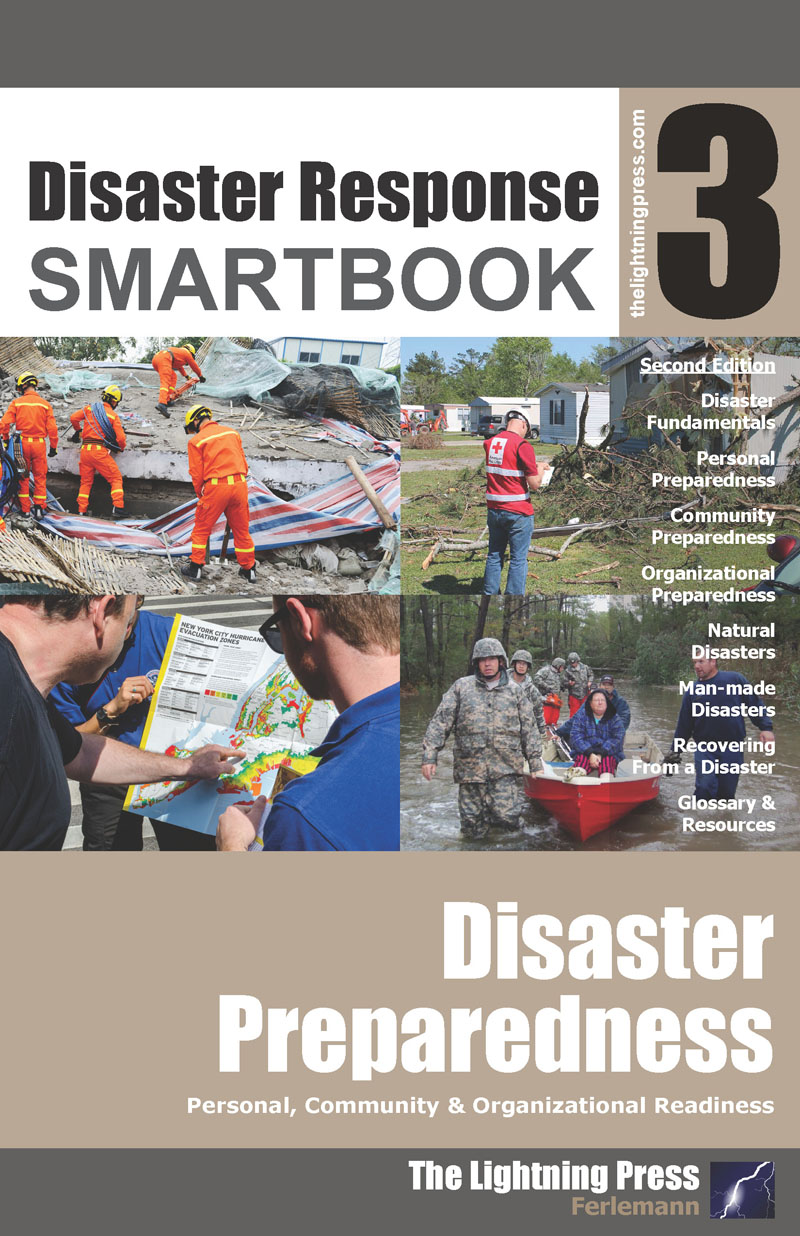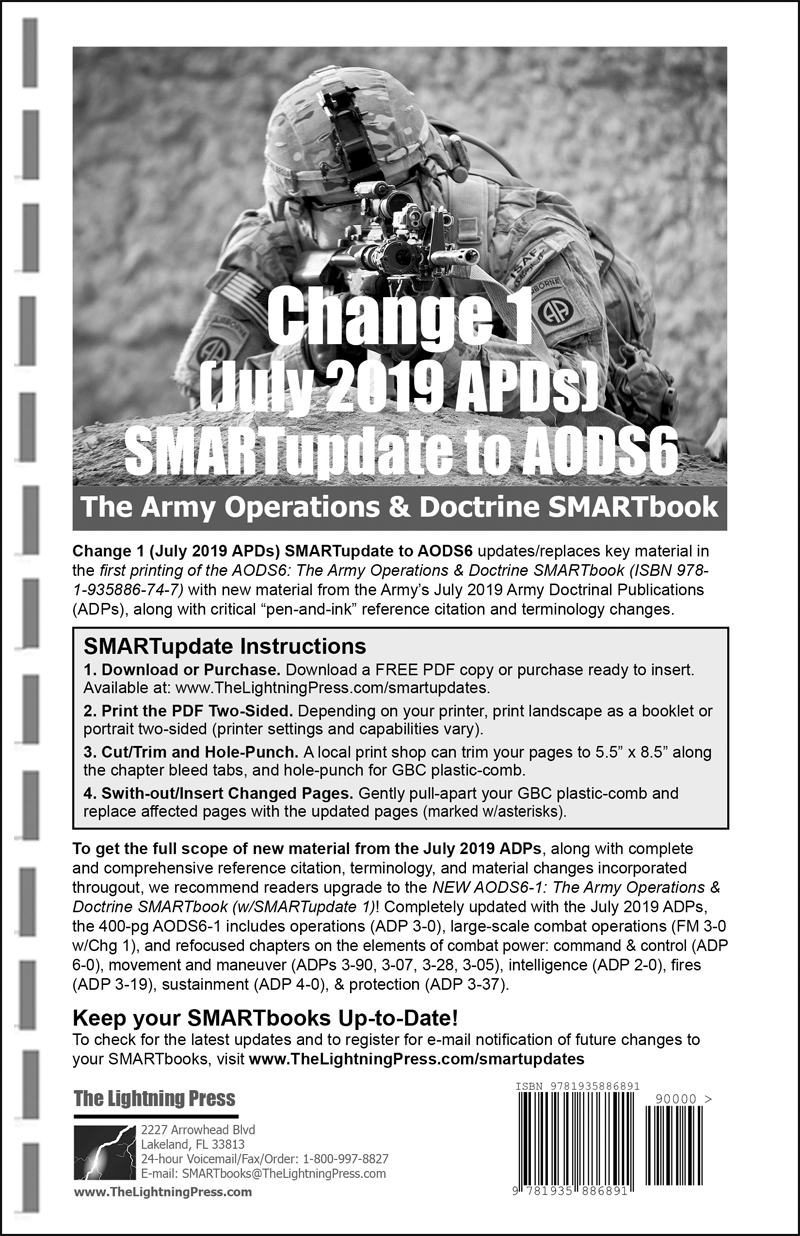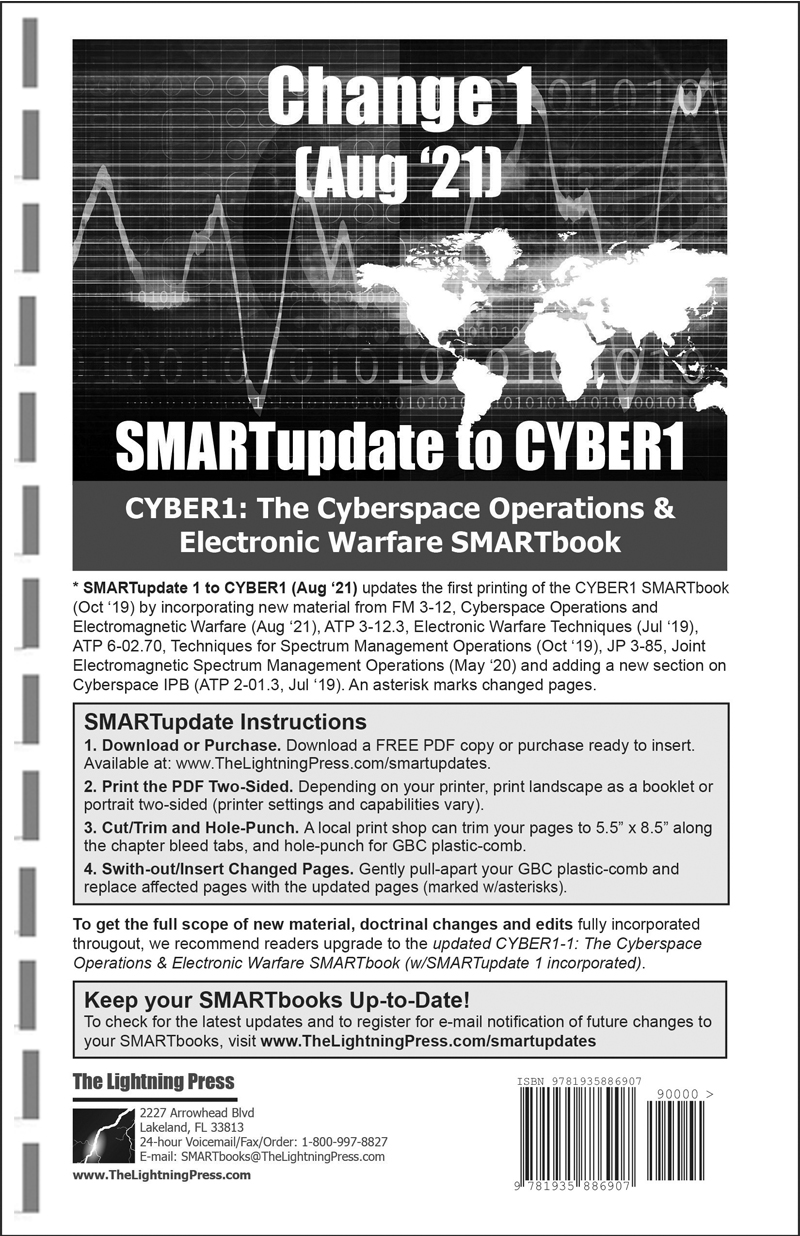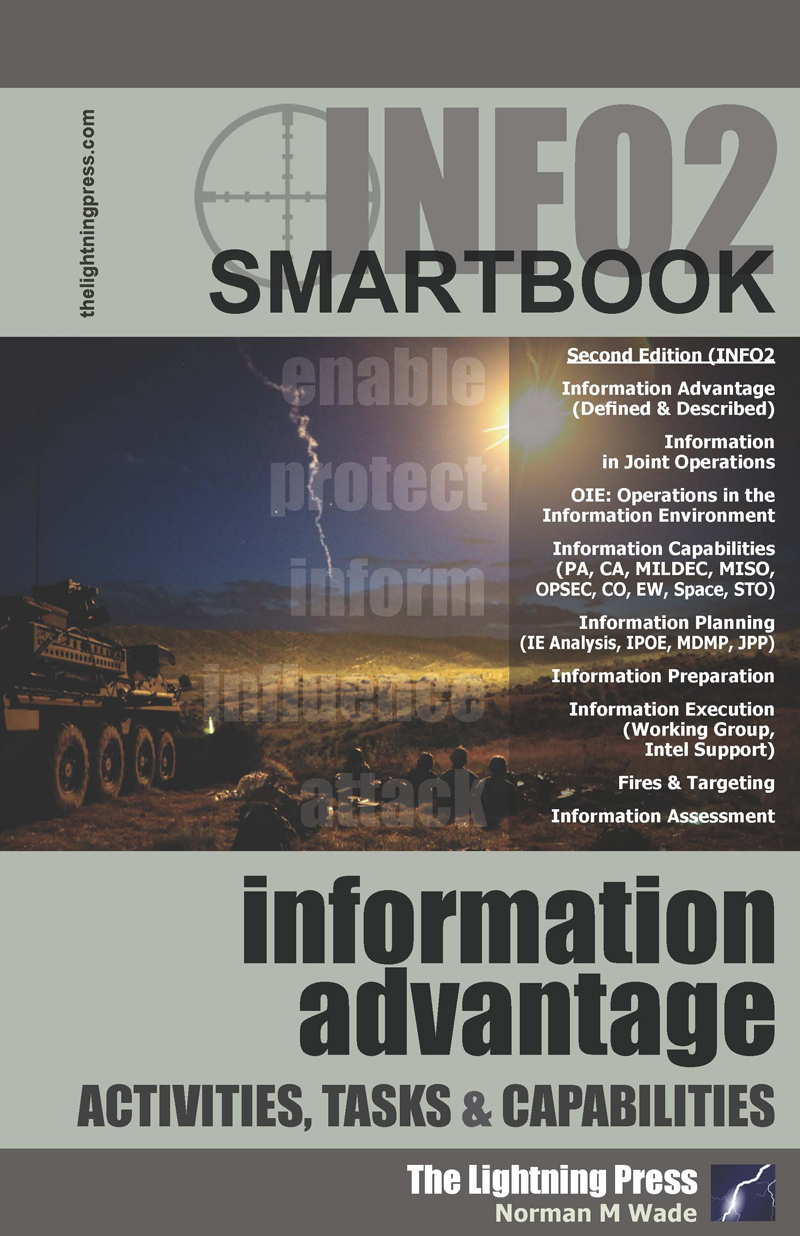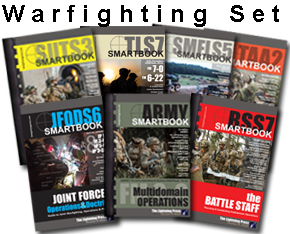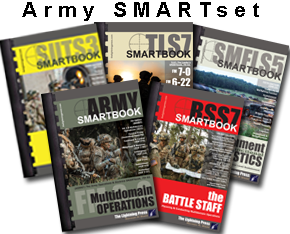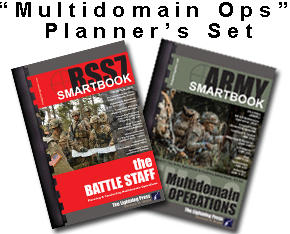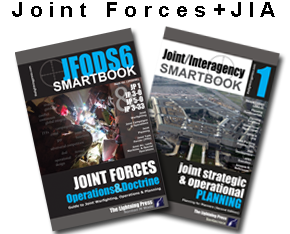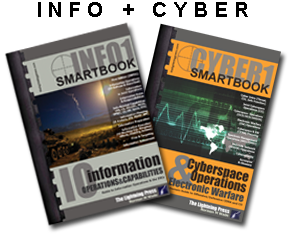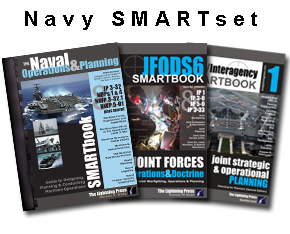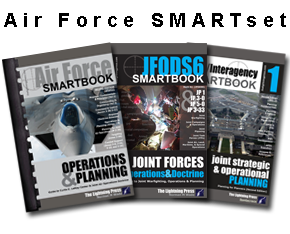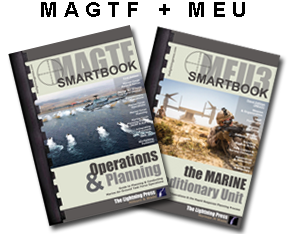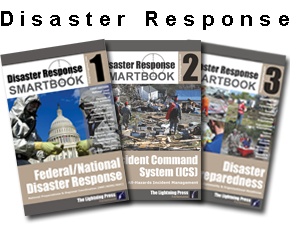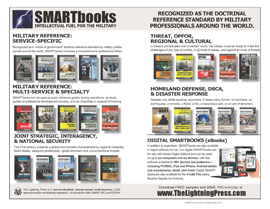An information-related capability (IRC) is a tool, technique, or activity employed within a dimension of the information environment that can be used to create effects and operationally desirable conditions (JP 1-02). The formal definition of IRCs encourages commanders and staffs to employ all available resources when seeking to affect the information environment to operational advantage. For example, if artillery fires are employed to destroy communications infrastructure that enables enemy decision making, then artillery is an IRC in this instance. In daily practice, however, the term IRC tends to refer to those tools, techniques, or activities that are inherently information-based or primarily focused on affecting the information environment.
Information Operations (IO) brings together information-related capabilities (IRCs) at a specific time and in a coherent fashion to create effects in and through the information environment that advance the ability to deliver operational advantage to the commander. While IRCs create individual effects, IO stresses aggregate and synchronized effects as essential to achieving operational objectives.

Two broad categories of IRCs exist: intrinsic and extrinsic. Intrinsic IRCs are those capabilities internal to or embedded in an Army unit. Extrinsic IRCs are those capabilities that exist outside the unit, such as those available at or through higher or other headquarters or that are joint, interagency, non-governmental, or belong to other unified action partners.
IRCs include—
• Public affairs
• Civil affairs operations
• Military deception
• Military information support operations (MISO)
• Operations security (OPSEC)
• Cyberspace electromagnetic activities
• Electronic warfare
• Cyberspace operations
• Space operations
• Soldier and leader engagement (SLE), to include police engagement
• Combat camera
• Special technical operations
All unit operations, activities, and actions affect the information environment. Even if they primarily affect the physical dimension, they nonetheless also affect the informational and cognitive dimensions. For this reason, whether or not they are routinely considered an IRC, a wide variety of unit functions and activities can be adapted for the purposes of conducting information operations or serve as enablers to its planning, execution, and assessment. Some of these include, but are not limited to:
• Commander’s communications strategy or communication synchronization.
• Presence, profile, and posture
• Foreign disclosure
• Physical security
• Physical maneuver
• Special access programs
• Civil military operations
• Intelligence
• Destruction and lethal actions
 This article is an extract from “INFO1: The Information Operations & Capabilities SMARTbook (Guide to Information Operations & the IRCs)” by The Lightning Press. Download a free PDF sample and learn more at: “INFO1: The Information Operations & Capabilities SMARTbook (Guide to Information Operations & the IRCs).”
This article is an extract from “INFO1: The Information Operations & Capabilities SMARTbook (Guide to Information Operations & the IRCs)” by The Lightning Press. Download a free PDF sample and learn more at: “INFO1: The Information Operations & Capabilities SMARTbook (Guide to Information Operations & the IRCs).”
Browse additional military doctrine articles in our SMARTnews Blog & Resource Center.
About The Lightning Press SMARTbooks. Recognized as a “whole of government” doctrinal reference standard by military, national security and government professionals around the world, SMARTbooks comprise a comprehensive professional library. SMARTbooks can be used as quick reference guides during operations, as study guides at education and professional development courses, and as lesson plans and checklists in support of training. Browse our collection of Military Reference SMARTbooks to learn more.

